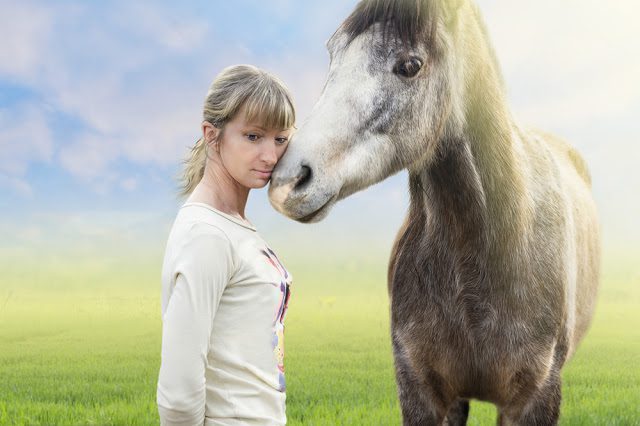The bond between men and animals likely predates the history of substance abuse and addiction. Men have domesticated animals for work and companionship, they have trained animals to find food and to track missing persons, and now they are turning to animals to assist with addiction recovery. Men and animals form emotional bonds that are free of judgments and that are marked by unconditional affection. A person who is recovering from addiction and who is unable to form deep connections with other people in his life might find that he can more readily connect with a dog or cat. These simple animal-human bonds form a stepping stone to human interactions that grow and develop as an addict gains greater sobriety.
Animal assisted therapy teaches an addict to reach outside of himself to care for another living being. The animal comes to rely on the addict for food, shelter, and comfort, and the addict’s self-confidence and esteem grows as he assumes greater responsibility for care of the animal.
Therapists who use animal assisted therapy will typically introduce the animal into a treatment program after an addict has completed detox and initial rehab treatments. A therapist will want to see that a recovering addict has progressed far enough in recovery to be able to care for an animal, initially for short periods of time. Animal assisted therapy will be used as one of several tools during recovery. Addicts will continue to participate in group therapy and individual counseling, and the therapist will watch all of the addicts interactions to confirm that they are complementing each other.
Animal assisted therapy is not regimented or tightly structured, and each addict who is part of an animal assisted therapy program will have a customized protocol with the animal that integrates with other aspects of his treatment. Addicts who are interested in exploring animal assisted therapy will need to find a rehab center that offers this therapy and that is willing to work with the addict to provide this custom protocol. Rehab facilities that offer holistic or progressive are more likely to be open to the concept of using animals within the bigger picture of recovery treatments. If an addict has an aversion to dogs, these facilities may be able to recommend other options such as horses, cats, or birds.
The ultimate goal of animal assisted therapy is to enhance an addict’s alliance with his therapist and the recovery groups that are part of his treatment. Addiction recovery can be a lifelong process of learning and growing. Animal assisted therapy is a catalyst to jumpstart that learning. A recovering addict can continue to form relationships with one or more therapy animals throughout his recovery, with hopes of learning how to use those experiences to form deeper relationships with friends and family in his life.
Equine therapy is one of the many modalities offered at Cottonwood Tucson to enhance our integrative approach to the treatment of co-occurring disorders. Treating mind, body, and spirit, we recognize that no two people will recover the same way. On a spiritual journey to recovery, clients find healing and success in treatment. Call us today for more information: (888) 727-0441








